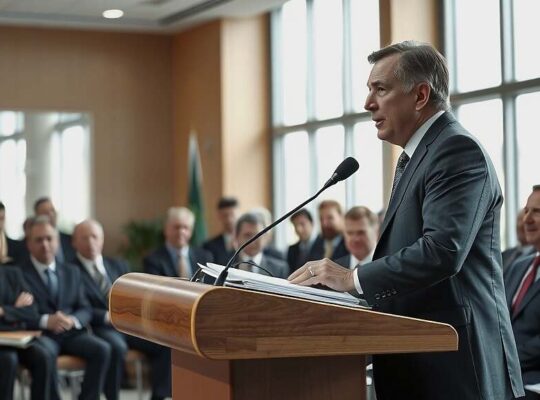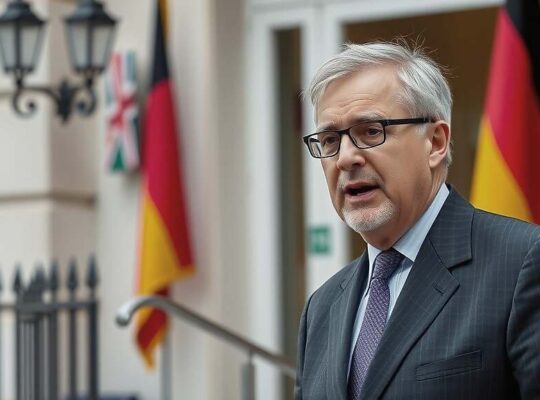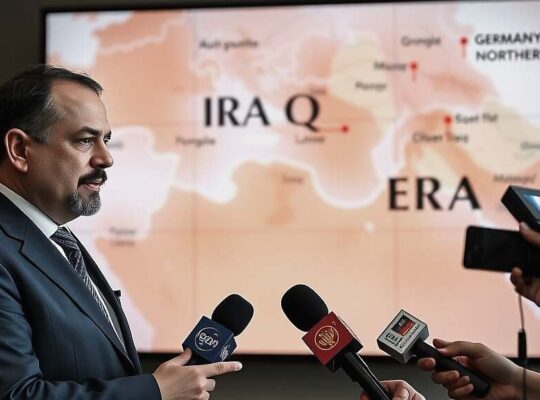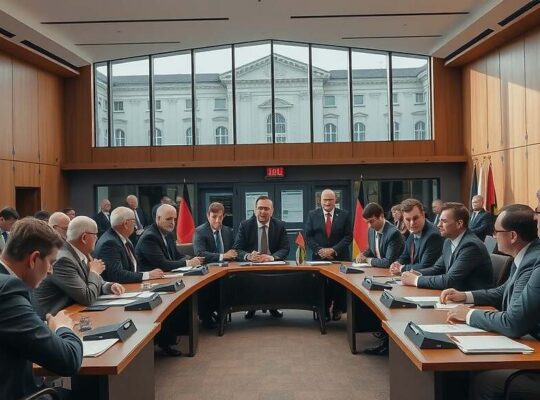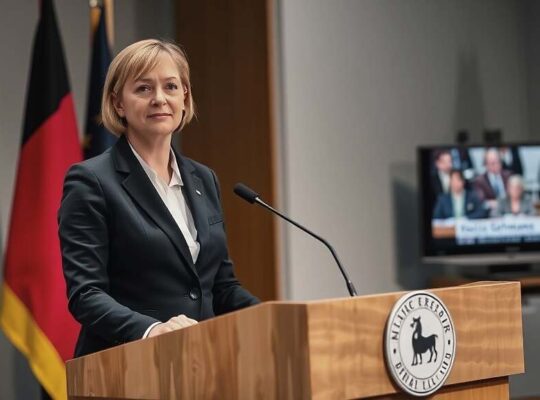The parliamentary oversight committee of the Bundestag is advocating for a significant expansion of the German intelligence agencies’ authority, particularly concerning their operational capabilities during periods of heightened tension. Marc Henrichmann, the committee’s chairman from the Christian Democratic Union (CDU), voiced his concerns to the Redaktionsnetzwerk Deutschland, arguing that current regulations are inadequate to address evolving security threats.
Henrichmann stressed the urgent need to define the intelligence agencies’ roles and responsibilities in so-called “tension situations” noting that mere information gathering is no longer sufficient. He specifically called for the inclusion of operational powers, such as cyber defense measures, to be explicitly authorized. The CDU politician also emphasized that the Bundeswehr, Germany’s armed forces, should possess a consistently updated and comprehensive situational assessment to properly gauge risks.
This push for expanded powers aligns with a commitment outlined in the governing coalition agreement, which aims to elevate German intelligence capabilities to a European standard. Henrichmann criticized what he described as “Prussian helmet administration” implying bureaucratic inertia and a need for a more dynamic approach to intelligence reform. He expressed hope that the upcoming public hearing, featuring the newly appointed heads of the Federal Intelligence Service (BND), Martin Jäger; the Federal Office for the Protection of the Constitution (BfV), Sinan Selen; and the Military Counterintelligence Service (MAD), Martina Rosenberg, would underscore the imperative for swift and substantial change.
The BfV’s remit focuses on combating extremist and security-threatening activities within Germany and countering foreign espionage. The BND collects intelligence pertinent to German foreign and security policy. The MAD investigates activities targeting the Bundeswehr deemed subversive or threatening. The committee’s proposal highlights a potential shift toward more proactive intelligence operations, raising crucial questions regarding oversight, potential abuses of power and the delicate balance between national security and civil liberties. The hearing is expected to be a pivotal moment in defining the future of German intelligence oversight and its role in a rapidly changing geopolitical landscape.



